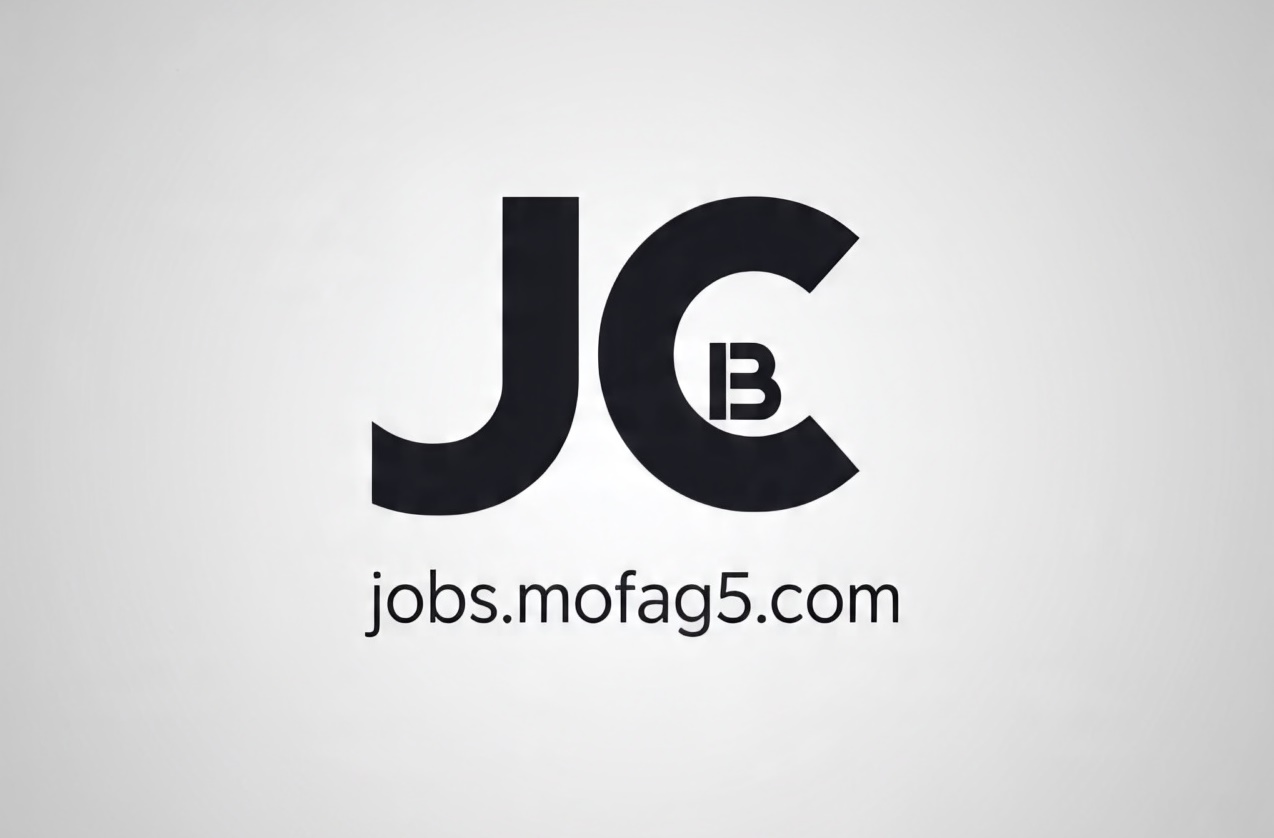The role of an HR Manager in the Healthcare Services Group encompasses various responsibilities aimed at optimizing workforce performance and ensuring compliance with legal and ethical standards.
1. Role of an HR Manager
Recruitment
One of the primary responsibilities of an HR Manager is to recruit top-tier talent for the healthcare facility. This involves strategizing recruitment efforts, conducting interviews, and ensuring a seamless hiring process.
Onboarding
Once new employees are hired, the HR Manager oversees the onboarding process, ensuring that new hires are smoothly integrated into the organization and provided with the necessary resources and information.
Training and Development
Continual learning and development are essential in the healthcare industry. The HR Manager facilitates training programs and provides coaching to employees to enhance their skills and knowledge.
Conflict Resolution
Conflicts are inevitable in any workplace setting. The HR Manager acts as a mediator, resolving conflicts in a professional and constructive manner to maintain a harmonious work environment.
Administrative Duties
In addition to strategic responsibilities, the HR Manager also handles various administrative tasks such as maintaining employee records, managing payroll, and ensuring compliance with labor laws and regulations.
2. Key Responsibilities
Recruiting Excellent Staff
The HR Manager is tasked with sourcing and attracting top talent to the organization through effective recruitment strategies and networking efforts.
Smooth Onboarding Process
A smooth onboarding process sets the tone for new employees’ experience within the organization. The HR Manager ensures that the onboarding process is well-organized and informative.
Training, Counselling, and Coaching
Continuous development is essential for employee growth and retention. The HR Manager provides guidance, counselling, and coaching to employees to help them reach their full potential.
Conflict Resolution and Mediation
Conflicts can arise in any workplace environment. The HR Manager facilitates conflict resolution and mediation processes to address issues promptly and maintain a positive work environment.
Administrative Duties
From managing employee records to overseeing payroll and benefits administration, the HR Manager handles various administrative tasks to ensure smooth operations.
Performance and Wage Reviews
Regular performance evaluations and wage reviews are essential for employee motivation and retention. The HR Manager conducts fair and objective performance reviews and ensures that employees are compensated fairly.
Policy Development and Compliance
The HR Manager develops and implements HR policies and procedures to ensure compliance with legal and regulatory requirements and promote a fair and inclusive work environment.
Reporting and Presentation
The HR Manager prepares clear and concise reports on HR metrics and trends and delivers engaging presentations to senior management and stakeholders.
Workplace Health and Safety Compliance
Ensuring a safe and healthy work environment is paramount in the healthcare industry. The HR Manager monitors workplace health and safety compliance and takes proactive measures to address any issues.
Workplace Investigations and Disciplinary Procedures
In cases of misconduct or policy violations, the HR Manager conducts thorough investigations and implements appropriate disciplinary measures in accordance with company policies and legal requirements.
Employee and Workplace Privacy
Maintaining employee confidentiality and workplace privacy is crucial. The HR Manager ensures that sensitive information is handled securely and in compliance with privacy laws.
3. Requirements for HR Managers
Educational Background
A bachelor’s degree in human resources management or a related field is typically required for HR Manager positions.
Relevant Experience
Candidates should have at least 5 years of experience in human resources, preferably within a healthcare facility.
Language Proficiency
Proficiency in both English and Arabic languages is essential for effective communication with diverse staff members.
Technical Skills
HR Managers should be proficient in Microsoft applications such as Word, Excel, and Outlook, as well as other HR software and systems.
Cultural Exposure
Experience working in multicultural environments, particularly within the GCC countries, is preferred.
Legal Knowledge
A thorough understanding of relevant labor laws and regulations is essential for HR Managers to ensure compliance and mitigate legal risks.
Conclusion
In conclusion, the role of an HR Manager in the Healthcare Services Group is multifaceted and vital for the organization’s success. From recruiting top talent to ensuring compliance with legal and ethical standards, HR Managers play a pivotal role in optimizing workforce performance and fostering a positive work environment.
FAQs
1. What is the role of an HR Manager in healthcare organizations?
HR Managers in healthcare organizations are responsible for various tasks, including recruitment, training, conflict resolution, policy development, and compliance.
2. What are the educational requirements for HR Manager positions?
Typically, HR Manager positions require a Bachelor’s degree in human resources management or a related field.
3. What experience is preferred for HR Manager roles in healthcare?
Candidates for HR Manager roles in healthcare should ideally have at least 5 years of experience in human resources, with exposure to healthcare settings.
4. Why is language proficiency important for HR Managers in healthcare?
Language proficiency, particularly in English and Arabic, is crucial for effective communication with diverse staff members in healthcare organizations.
5. What technical skills are necessary for HR Managers?
HR Managers should be proficient in Microsoft applications such as Word, Excel, and Outlook, as well as other HR software and systems.


Comments